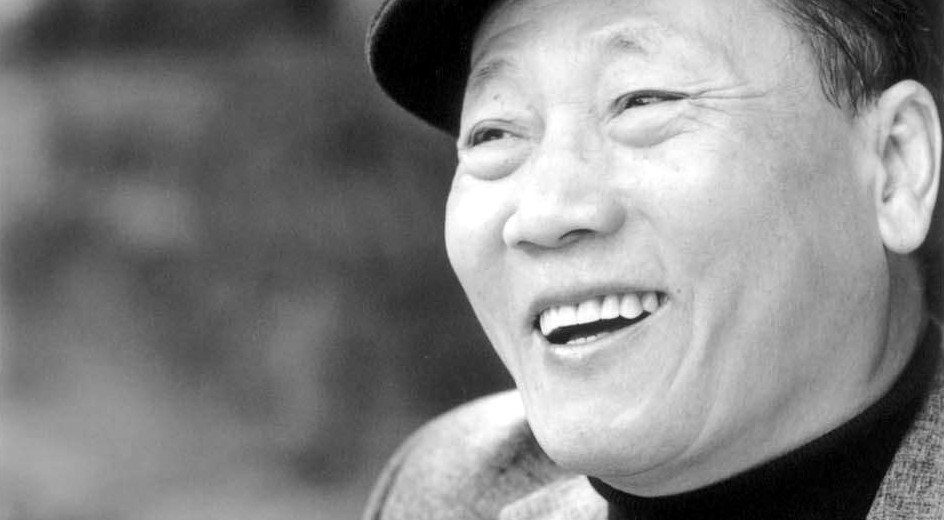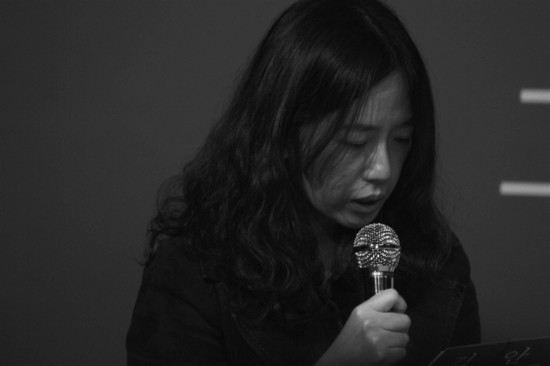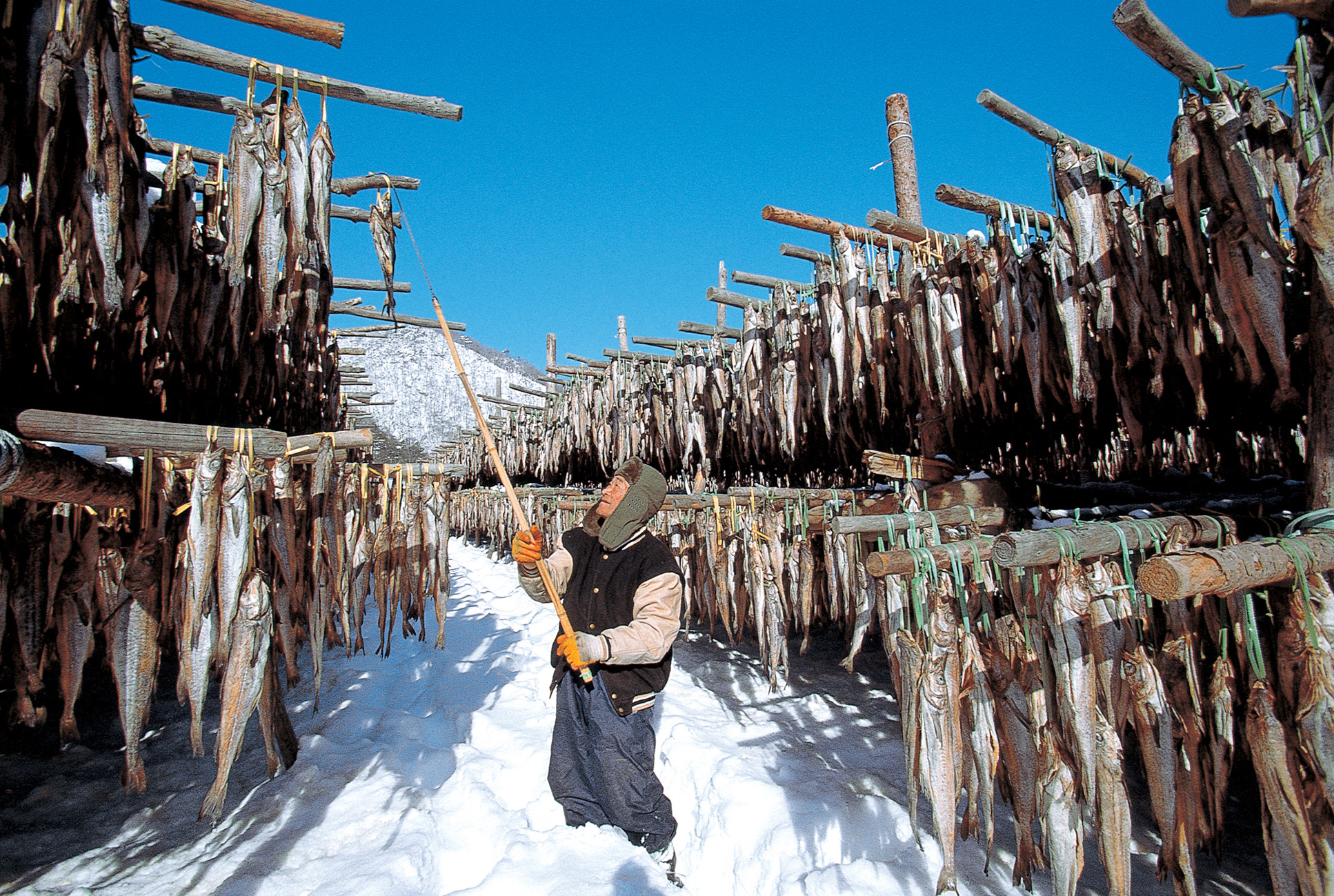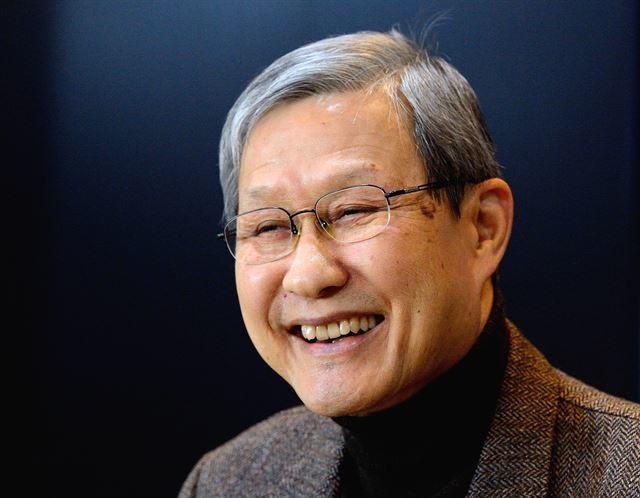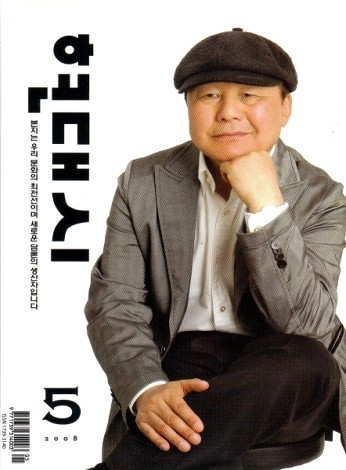
Extending a finger, my uncle raises it to one eye. Squeezing both eyes as he headed to the reservoir, he held a drenched full moon in his water-filled stomach.
The woman who had been following behind halted to spread out all her limbs and lie down. The moon had once been buried in her eyelashes like fresh frost, but from among the lashes she has bitten out its bent remains.
Even if Ga Op-Shin hadn’t existed for his ancestors, would he still have eaten the moon? Unable to answer questions about the darkness of a lineage’s thread or its drowned history,
my own turn has come. For a few days I wander about the reservoir. Since my eyes are dim and the waters are dark, I find no way to enter in.
Nameless, I put on weight until even to the corners of my eyes began to show it. The weight I gained hid me, while the excess hides the moon. I enter into darkness.
손가락을 세워서, 삼촌은 눈을 찔렀다. 두 눈을 움켜쥐고 저수지로 걸어 들어간
삼촌의
물이 찬 뱃속에는 물에 젖은 보름달이 들어 있었다.
뒤따라 걸어 들어간 여자는 사지를 벌리고 누워버렸다. 건져 올린 여자의 속눈썹엔 서리 내린 듯 달빛이 묻어 있었지만
정작은, 거의 베어 먹어서
눈썹같이 휘인 잔영만 남은 달이
여자의 잇바디에 물려 있었다.
옛적에 가옵신 선인들께옵서도 달님을 젓수시었겠지요? 家系(가계)의 암흑과 빠져 죽는 내력에 대하여는 대답 못한다.
내 차례가 왔다. 며칠째 저수지를 배회했지만, 나는 눈이 어둡고 물은 깜깜해서
걸어 들어갈 길이 보이지 않는다.
無明(무명)이 나를 살찌웠다. 사실 나는 눈초리까지 살이 쪘다. 나의 찐 살은 나를 가리었고, 지금은 훨씬 찐 살이
달을 가리고 있다. 나는 암흑 속으로 걸어 들어간다
Wi Seon-Hwan (1941—) was first published in the September issue of the literary journal Contemporary Poetry (현대시) and one of his debut works was the poem “On the Outskirts” (교외에서). His published collections of poetry include The Trees Crossed the River (나무들이 강을 건너갔다), Falling out of Snow-covered Skies (눈 덮인 하늘에서 넘어지다), Pointing Towards the Horizon (수평을 가리키다).
“Lunar Eclipse” (월식) alludes both to “Cuckoo” by Seo Jeong-Joo and a traditional folktale in the Chronicles of Huayang (화양국지/華陽國志) about one of the kings of the State of Shu during China’s Three Kingdoms period.
According to the folktale, king Duyu (두유/杜宇), also known as Mang-Jae (망제), noticed a corpse floating in the river at the foot of the Wenshan mountains as he passed by one day.
When he came closer, the corpse sat up and opened its eyes. Astonished, king Duyu asked who he was. The man replied, “My name is Bieling (별령/鱉靈) and I come from Jingzhou (형주/形州). I was standing next to the river when I slipped and was swept away. I honestly don’t know how I managed to make it all the way here.” (Note: modern-day Jingzhou is about an 18-hour car ride away from the Wenshan mountains.)
Hearing this story, king Duyu became convinced that the heavens had sent him Bieling to paint his royal portrait. He gave Bieling a home and a government post as the minister of the state, but Bieling was treacherous and deceitful. He worked to gain the admiration of all the king’s servants until he had enough political power to sway them in his favor.
When the time was right, Bieling took his daughter, a woman more beautiful than any other in the kingdom, and offered her hand in marriage to the king. The king was so overjoyed that he left all national matters in the hands of his son-in-law Bieling, spending all day and night with his new wife.
With king Duyu preoccupied, Bieling held secret meetings and a group soon formed to expel Duyu from the kingdom and make Bieling king in his place. One fateful morning, Duyu was finally confronted by his conspirators and forced into exile.
In his grief, he wept all day until he lost what little remained of his strength. With no more power left in him, he soon died, and his heavy heart was transformed into a cuckoo crying out each morning, “It would be better to return; I cannot return (不如歸)”, from which the lesser cuckoo gets its name.
“Lunar Eclipse” (월식) originally appeared in Daum – 70 Representative Korean Poets.
